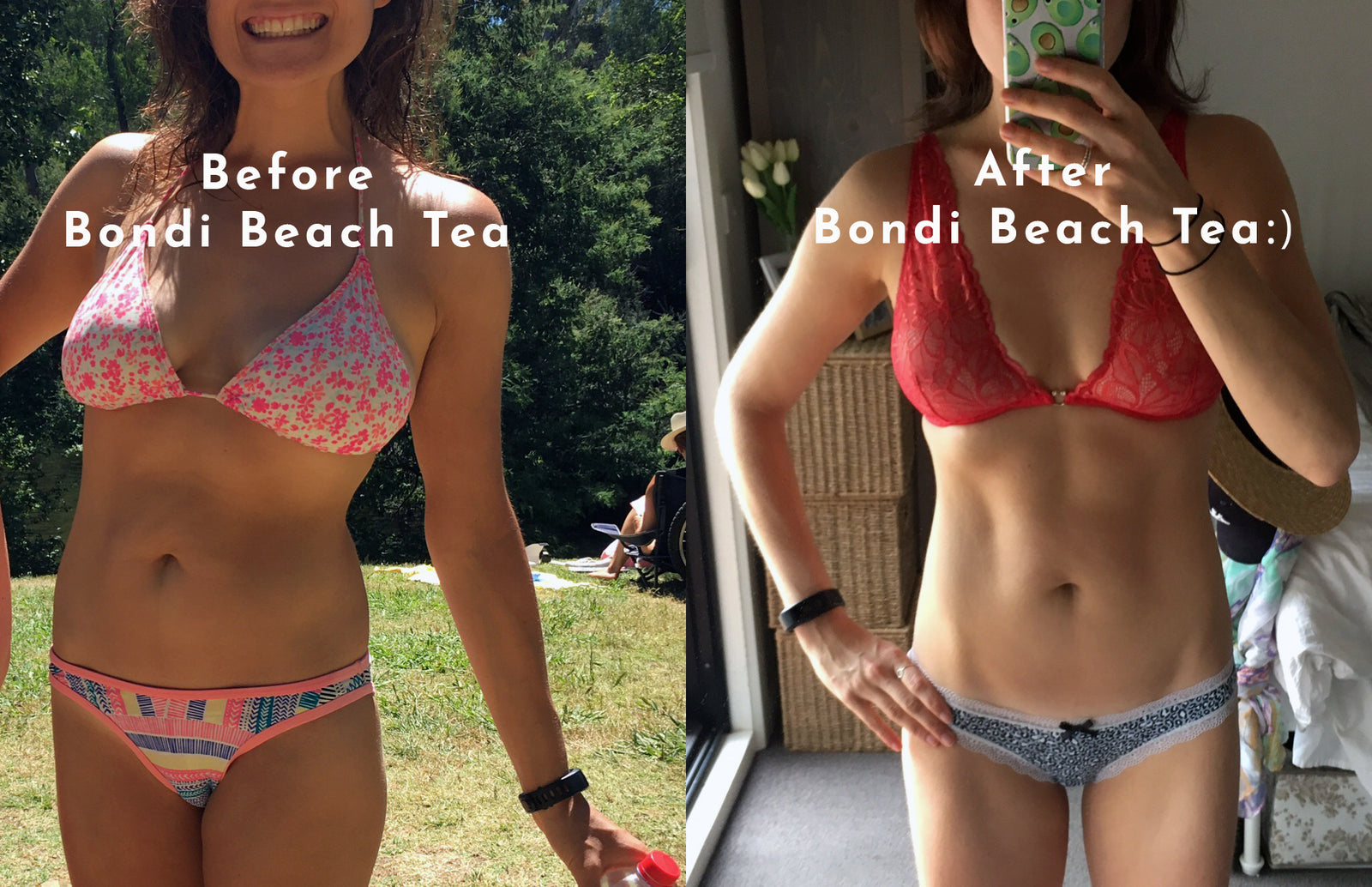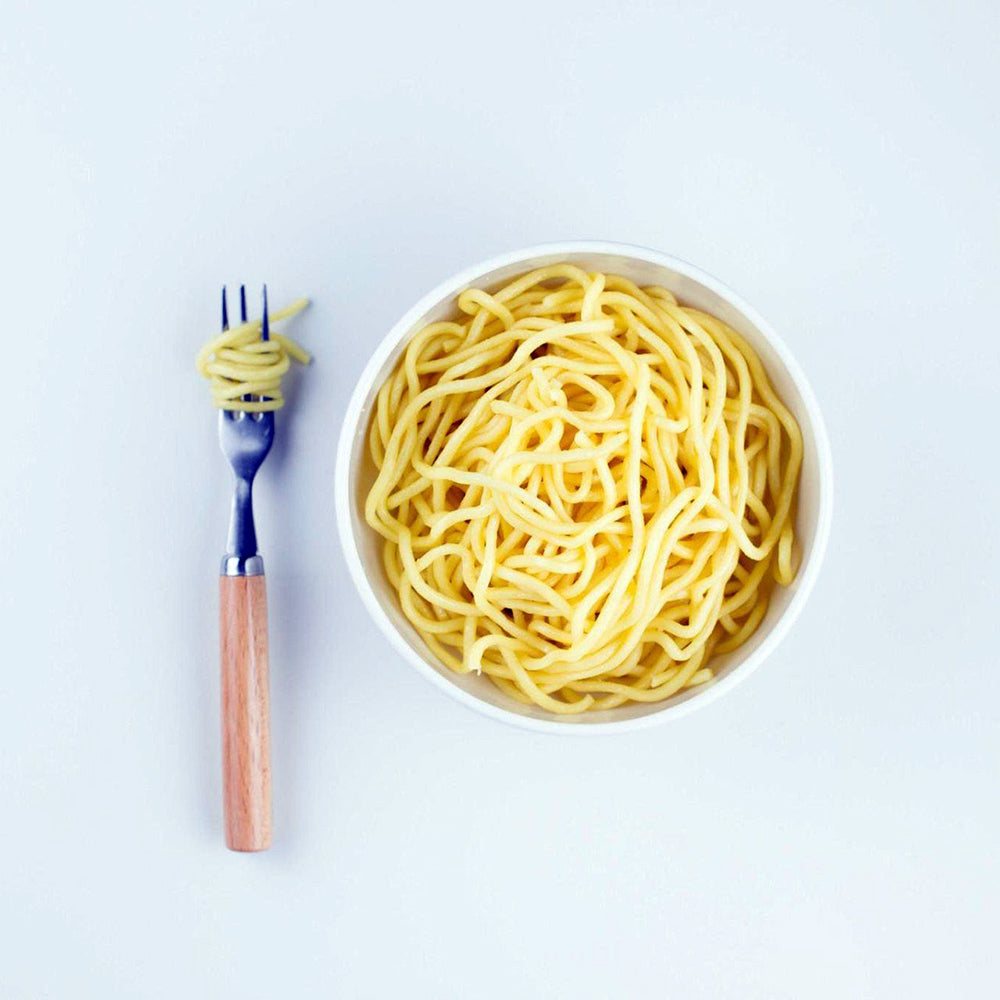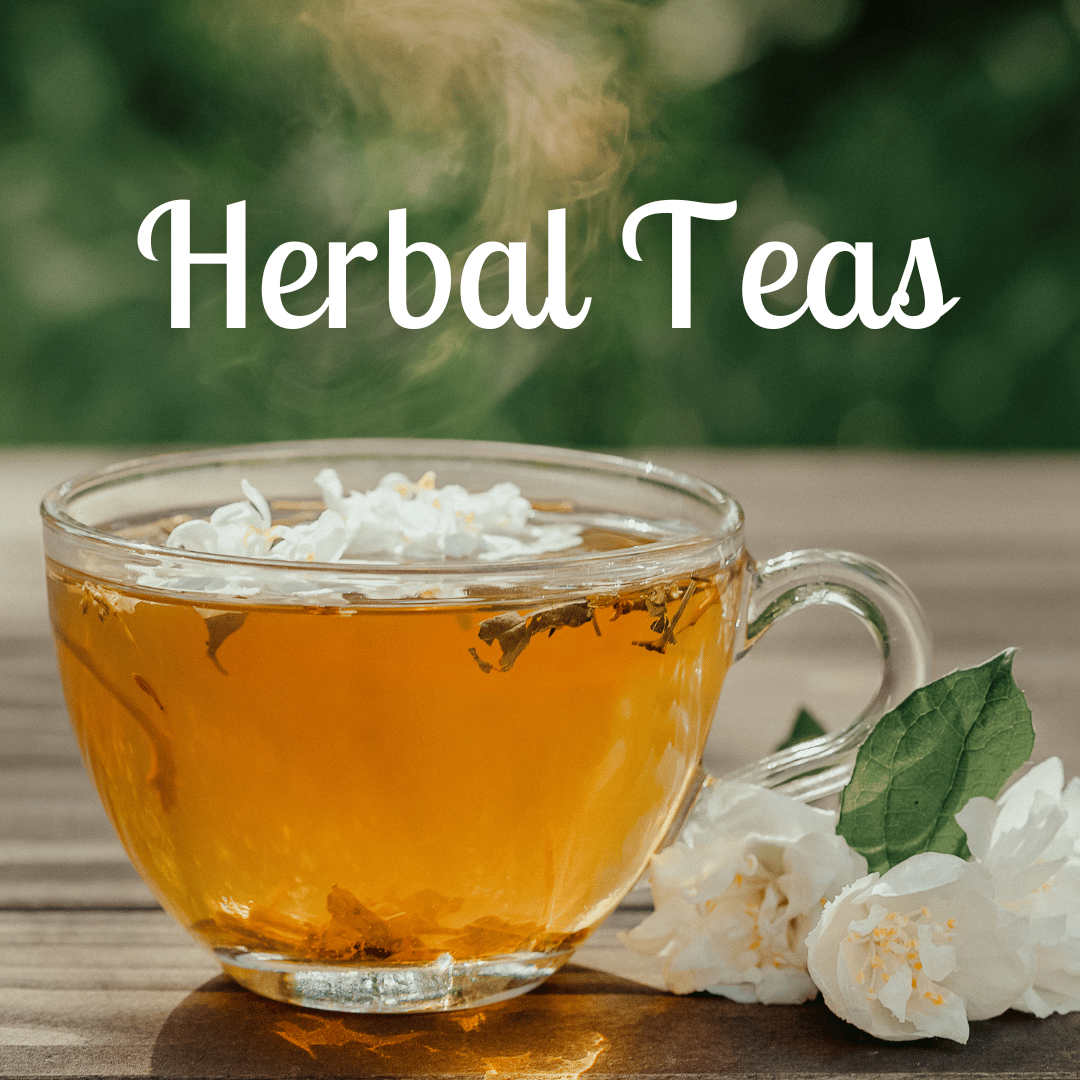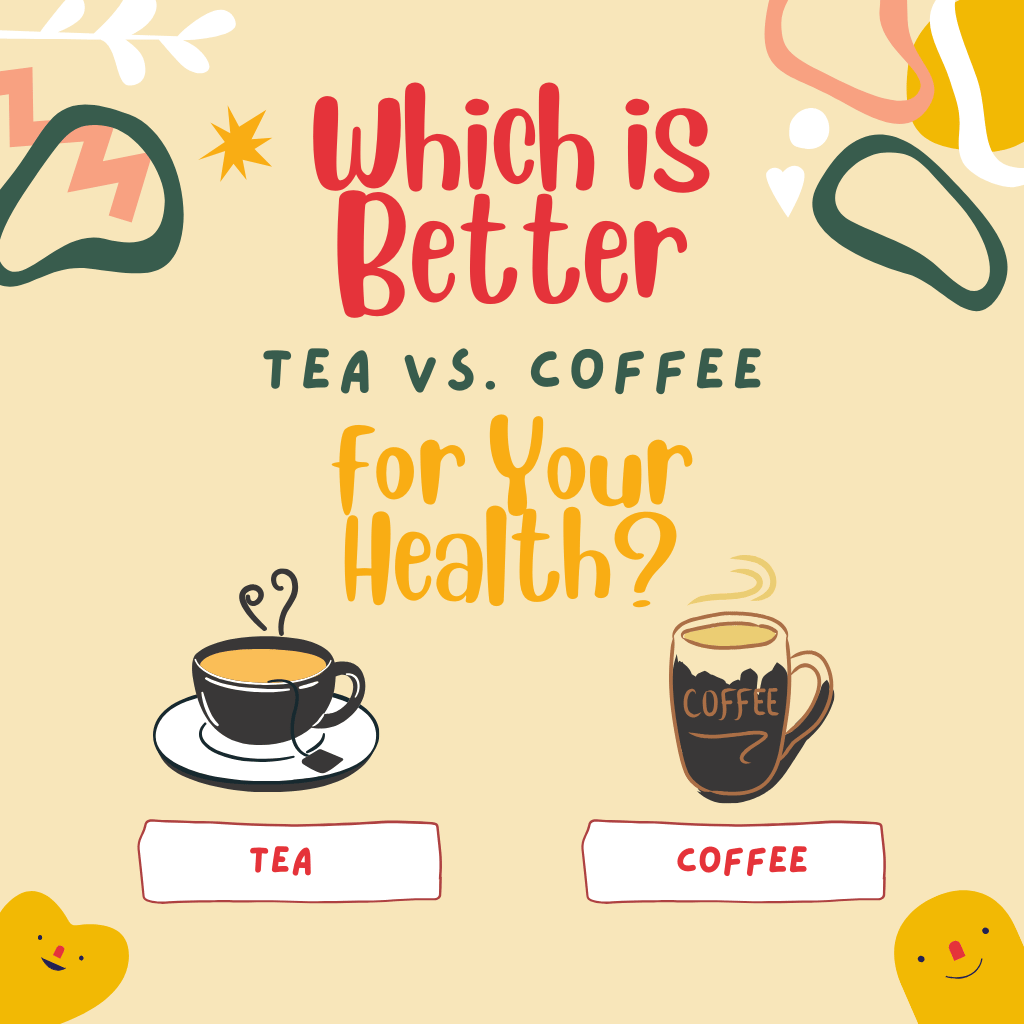Your Cart is Empty
The teas are undeniably delicious. However, whether they actually work is another story.
Before purchasing, there’s no mention of the significant dietary changes required for the teas to be effective. It’s only after receiving the product that you discover, through the “free e-book”, a list of foods to avoid and dietary restrictions that accompany the cleanse—something that should have been disclosed upfront.
Personally, I believe that making such drastic changes to my diet alone would lead to weight loss, regardless of the teas. This makes the advertising feel somewhat misleading.
That said, the teas taste great, and the nighttime colon cleanse tea is especially soothing. But as for results? I didn’t lose any weight!
I am so pleased I ordered some Blue Butterfly Pea Flower tea. I find the flavour very pleasing, as well as a gentle, soothing, relaxed feeling. Enjoyable before night resting.
A very nice subtle flavour. Would definately purchase again once mine is gone. Arrived well packed and in a timely manner. Thanks






